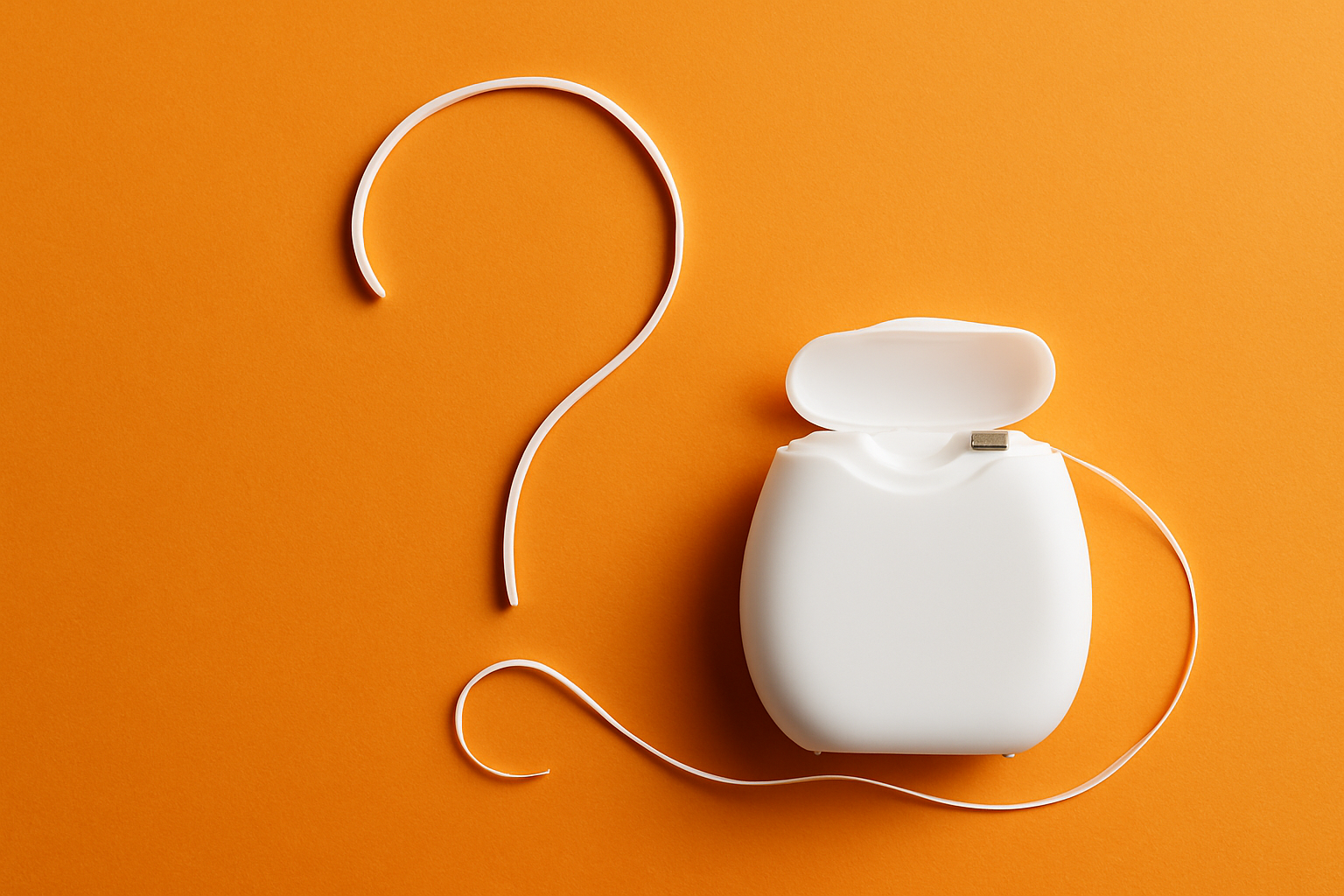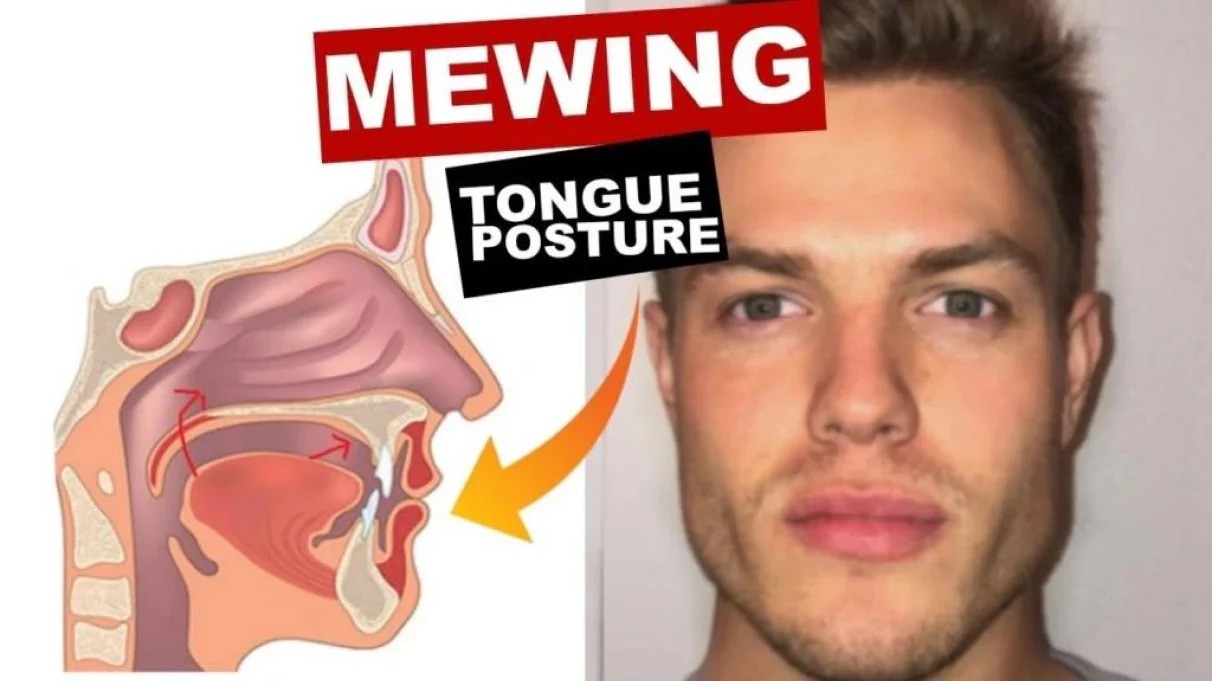
Bad breath, also known as halitosis, is a common issue that affects millions of people worldwide. Whether it’s a temporary inconvenience after a garlicky meal or a persistent problem that affects your confidence, understanding how to combat bad breath is crucial. In this comprehensive guide, we’ll dive into the causes of bad breath, share practical tips to eliminate it, and explore long-term strategies for maintaining fresh breath.
Understanding the Causes of Bad Breath
Before tackling bad breath, it’s essential to understand what causes it. The root of the problem can often be traced to the following:
1. Poor Oral Hygiene
Food particles that remain in your mouth after meals can break down and produce odors. Without proper brushing and flossing, plaque buildup and bacteria flourish, leading to bad breath.
2. Dry Mouth (Xerostomia)
Saliva plays a vital role in washing away food particles and bacteria. When your mouth is dry, bacteria can thrive, causing an unpleasant odor.
3. Diet Choices

Foods like garlic, onions, and certain spices release sulfur compounds, which can linger in your mouth and digestive system, contributing to bad breath.
4. Medical Conditions
Chronic bad breath could indicate underlying health issues such as gum disease, diabetes, sinus infections, or gastrointestinal problems.
5. Tobacco Use
Smoking and chewing tobacco not only stain your teeth but also contribute to persistent bad breath.
Proven Strategies to Combat Bad Breath
The good news is that bad breath is often manageable with the right techniques. Here’s how you can combat it effectively:
1. Upgrade Your Oral Hygiene Routine
- Brush Twice Daily: Brush for at least two minutes each time. Pay special attention to your tongue, as bacteria often accumulate there.
- Floss Daily: Flossing removes food particles and plaque from areas your toothbrush can’t reach, reducing the bacteria that cause odors.
- Mouthwash: Freshen your breath with a zinc-infused mouthwash or gum, a powerhouse against bad odors. Unlike alcohol-based products that dry out your mouth, zinc actively neutralizes sulfur compounds produced by bacteria—the main culprits behind bad breath. With its remarkable ability to bind to these sulfur molecules, zinc doesn’t just mask odors; it eliminates them, leaving your breath noticeably fresh for months. Say goodbye to fleeting freshness and hello to long-lasting confidence!
2. Stay Hydrated
Drinking plenty of water keeps your mouth moist and helps wash away food particles and bacteria. Chewing sugar-free gum can also stimulate saliva production to combat dry mouth.
3. Choose Breath-Friendly Foods
- Crunchy Fruits and Vegetables: Apples, carrots, and celery act as natural toothbrushes, scrubbing your teeth and stimulating saliva.
- Herbs: Chew on fresh parsley, mint, or basil for a natural breath freshener.
- Yogurt: Studies suggest that probiotics in yogurt can reduce odor-causing bacteria.
4. Avoid Tobacco and Limit Alcohol
Quitting smoking and reducing alcohol intake can dramatically improve your breath and overall oral health.
5. Schedule Regular Dental Checkups
Visiting your dentist every six months is essential for detecting and addressing oral health issues like gum disease or tooth decay, which can contribute to bad breath.
DIY Remedies for Bad Breath
If you’re looking for quick fixes or natural remedies, here are some effective options:
- Saltwater Rinse: Gargle with a mixture of warm water and salt to reduce bacteria in your mouth.
- Baking Soda: Brushing your teeth with a baking soda paste can neutralize odors and balance pH levels.
- Oil Pulling: Swish coconut or sesame oil in your mouth for 10–15 minutes to remove toxins and bacteria.
When to Seek Professional Help
While occasional bad breath is normal, persistent halitosis could signal a deeper issue. Consult your dentist if:
- Bad breath persists despite good oral hygiene.
- You experience dry mouth frequently.
- You notice symptoms like gum swelling, bleeding, or loose teeth.
Your dentist can identify the underlying cause and recommend targeted treatments, such as deep cleaning, fluoride treatments, or referrals to medical specialists.
The Role of Technology in Combating Bad Breath
Modern dentistry offers advanced tools to address bad breath more effectively:
- Oral Bacteria Testing: These tests identify specific bacteria responsible for bad breath, allowing for personalized treatment plans.
- Laser Therapy: Gum disease treatments using lasers can eliminate bacteria and promote healthier gums.
- Custom Mouthwashes: Your dentist may prescribe medicated rinses tailored to your specific needs.
Tips for Long-Term Fresh Breath
Consistency is key when it comes to combating bad breath. Adopt these habits for long-term success:
- Keep a Travel Kit: Carry a toothbrush, toothpaste, floss, and travel-sized mouthwash for on-the-go freshness.
- Monitor Your Diet: Minimize consumption of strong-smelling foods and drinks that linger on your breath.
- Chew Sugar-Free Gum: Look for gum containing xylitol, which not only freshens your breath but also helps prevent cavities.
- Replace Your Toothbrush: Swap out your toothbrush every three months or sooner if the bristles are frayed.
Fresh Breath Equals Confidence
Bad breath doesn’t have to hold you back. With the right strategies and a proactive approach to oral hygiene, you can maintain fresh, confident breath every day. Remember, your dentist is your partner in achieving optimal oral health, so don’t hesitate to reach out for professional guidance.
Say goodbye to bad breath and hello to a healthier, fresher smile—because confidence begins with a clean and healthy mouth!
Looking for personalized advice on how to combat bad breath? Schedule an appointment with our dental experts today. Let’s work together to keep your breath fresh and your smile radiant!



.png)



